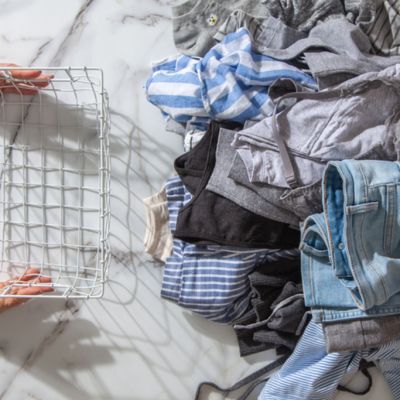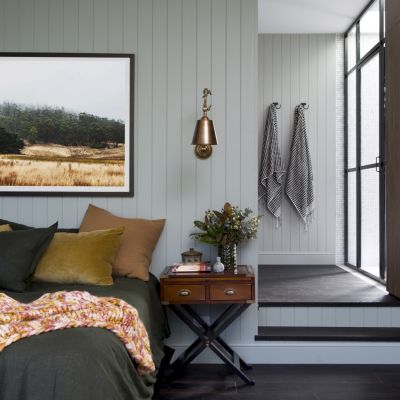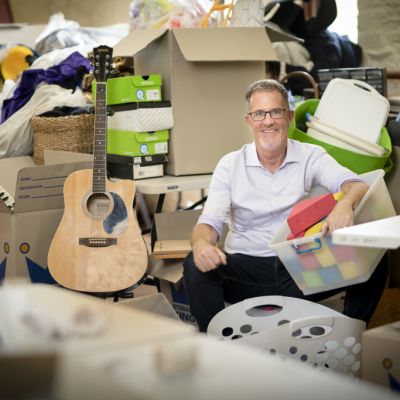‘None of my things spark joy’: The people with aggressive approaches to minimalism
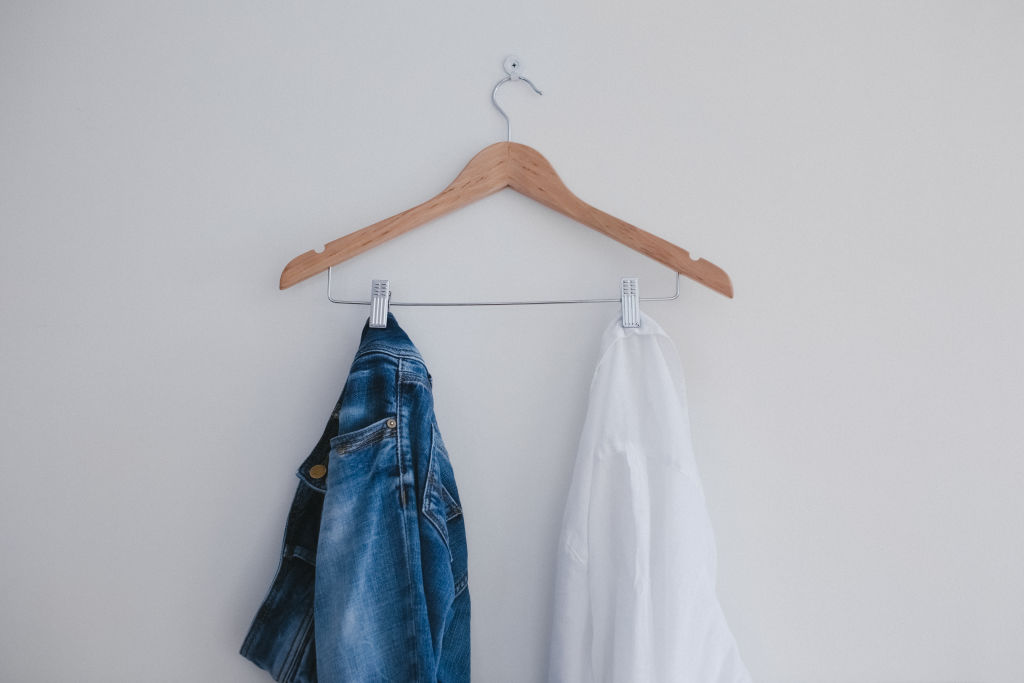
My family is frustrated with me.
Something the kids are looking for is missing, and they’re pretty sure that I’m behind the mystery. I cleaned up last week, you see, and they know what that means: I get rid of almost anything that hasn’t been looked at in the past couple of months.
They’re pretty sure the missing stuff is at the op shop by now.
The thing is, I have very little attachment to possessions and I tend to assume that others feel the same. I have a whole lot of things that are highly useful, but not much sparks joy.
Decluttering expert Marie Kondo would be at a loss with me, begging me to please keep something.
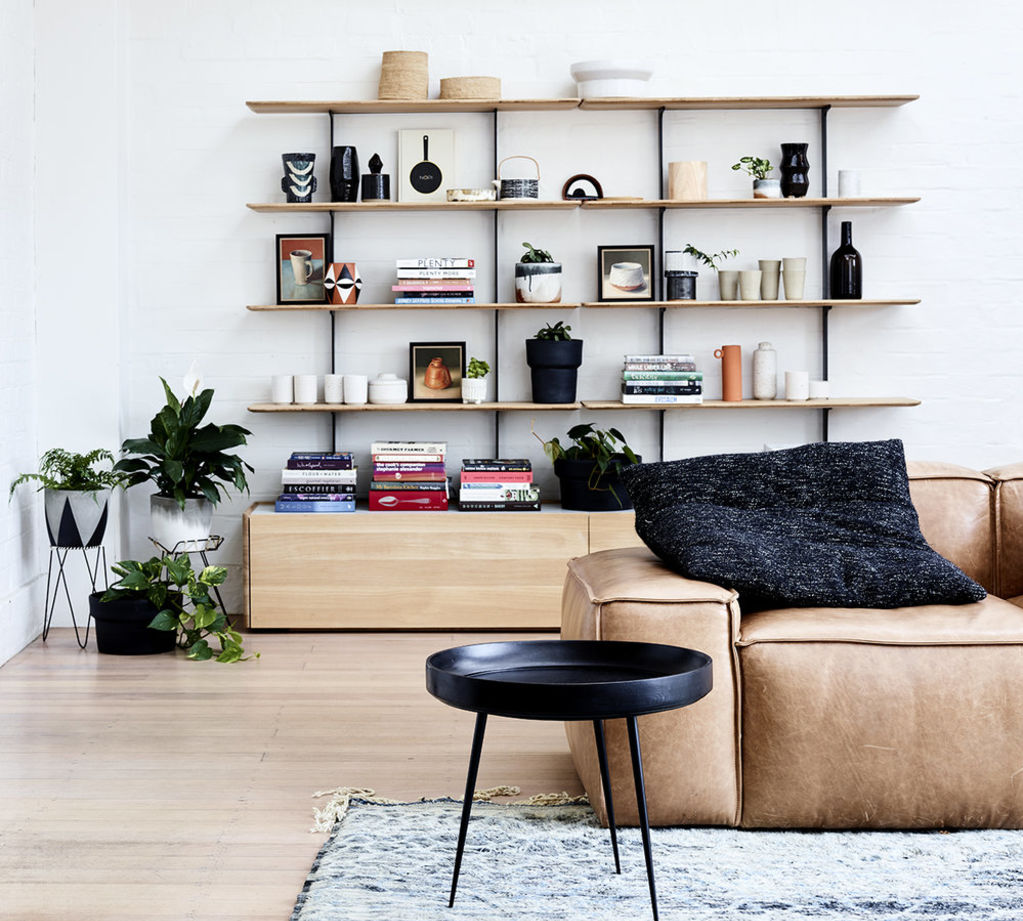
When it comes to possessions, the problem most people seem to have is too much attachment to their things. But for some of us, the opposite is true.
Annette Densham refers to herself as “a ruthless minimaliser”, a habit that was sparked by the death of her mother 16 years ago. “I had to clear out all her things – her teaspoon collection, her hat collection – and I realised I don’t want my kids to one day have to do that,” she says.
Long stretches of time at home during COVID restrictions reinforced her lack of feelings towards her stuff. “I had more time to think,” she says, “and I realised I didn’t need knick-knacks everywhere, that they’re just something to be dusted.
“One thing I threw out was my nan’s tea set. It’s just a thing, and it was just sitting in the cupboard. My memory of my nan is not tied to an object, it’s tied to experiences that I had with her.”
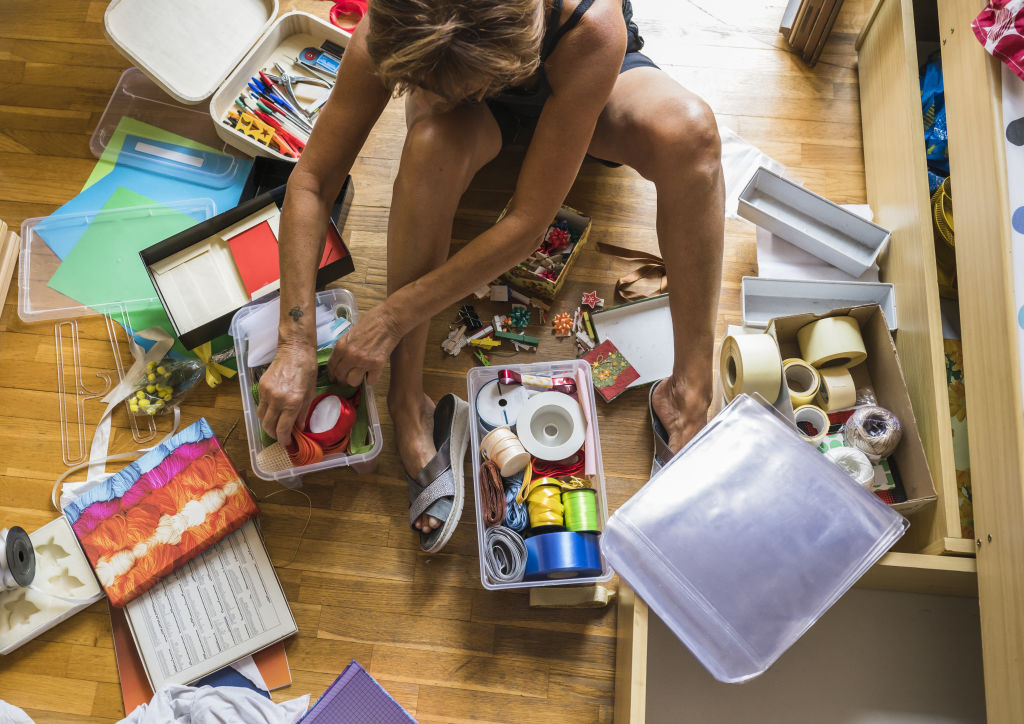
But Densham says not many people relate to her approach. “When I told people I’d sold my nan’s tea set, they were mortified. A lot of my friends don’t understand the ruthlessness that I have for culling things.”
I asked Julie Sweet, a clinical psychotherapist at Sydney’s Seaway Counselling and Psychotherapy, whether such unsentimental approaches to possessions makes us a little detached. She says, “No, not at all. Everyone is different and so too are our attachment styles. What is important to one person may be insignificant to another.”
She says we just need to be mindful of not taking this to the extreme. “Holding a polarising mindset and demonstrating extreme behaviour can impact more than the individual.”
Sweet adds that, if not too extreme, getting rid of some of our things may actually be good for us. “Leading a minimalist existence may be beneficial for our physical health and our mental health as well. Reducing clutter can alleviate stress, anxiety and overwhelm, opening pathways for productivity, balance and positive emotions.”
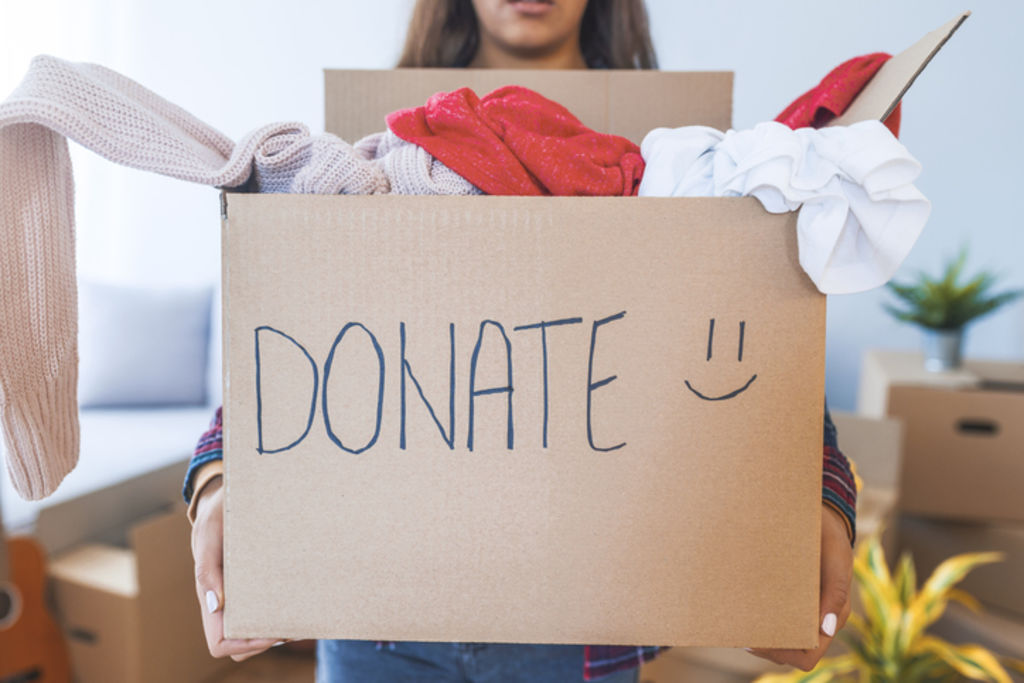
This has been the experience of Serina Bird, who gave herself the challenge of getting rid of 1000 things after watching Marie Kondo’s decluttering show. “My project was about making sure my things had a real connection,” she says.
What was important to Bird was that, instead of mindlessly throwing the stuff out, she gave it away. “With the shared economy now, we can pass our unwanted things on to people who will really value them.
“Before throwing things out, think of your friends and whether they’d like any of those items. There will be someone who is looking for that exact thing.”
There are lessons to be learnt there. A few days after my kids felt frustrated at me for throwing things out, we went to a friend’s house, where they saw our friend’s toddler playing with the toy in question. Seeing the smiles as he played with this “new” piece of fun, they admitted it was in better (and more age appropriate) hands now – and then they helped him learn how to use it.
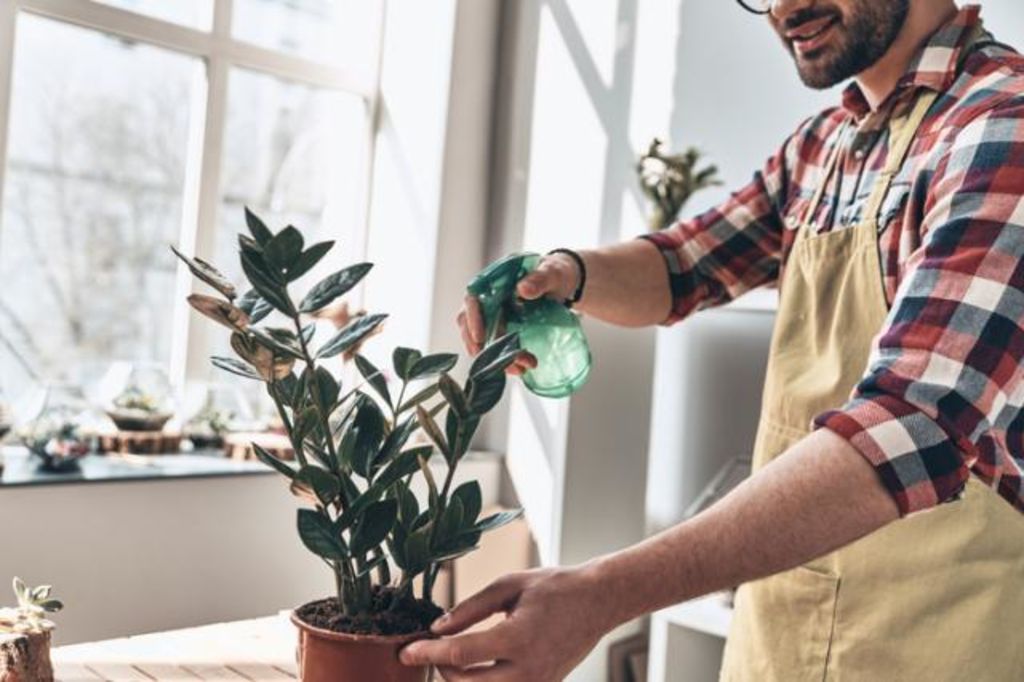
Some of us don’t have a real attachment to our things, but we can see that others may find that spark of joy in them – at least for a while.
And, it’s important to note that those of us who may be a little aggressive in our approach to minimalism don’t necessarily have sparse houses and bare spaces.
In fact, Densham says she’s found the perfect alternative to the knick-knacks. “I have replaced the things with plants,” she says. “A room filled with green is a nicer environment for me. It looks nice, it’s living, I’m caring for something, and it gives me some joy.
“Unlike other possessions. I just don’t see how an object can give you joy.”
We recommend
We thought you might like
States
Capital Cities
Capital Cities - Rentals
Popular Areas
Allhomes
More
